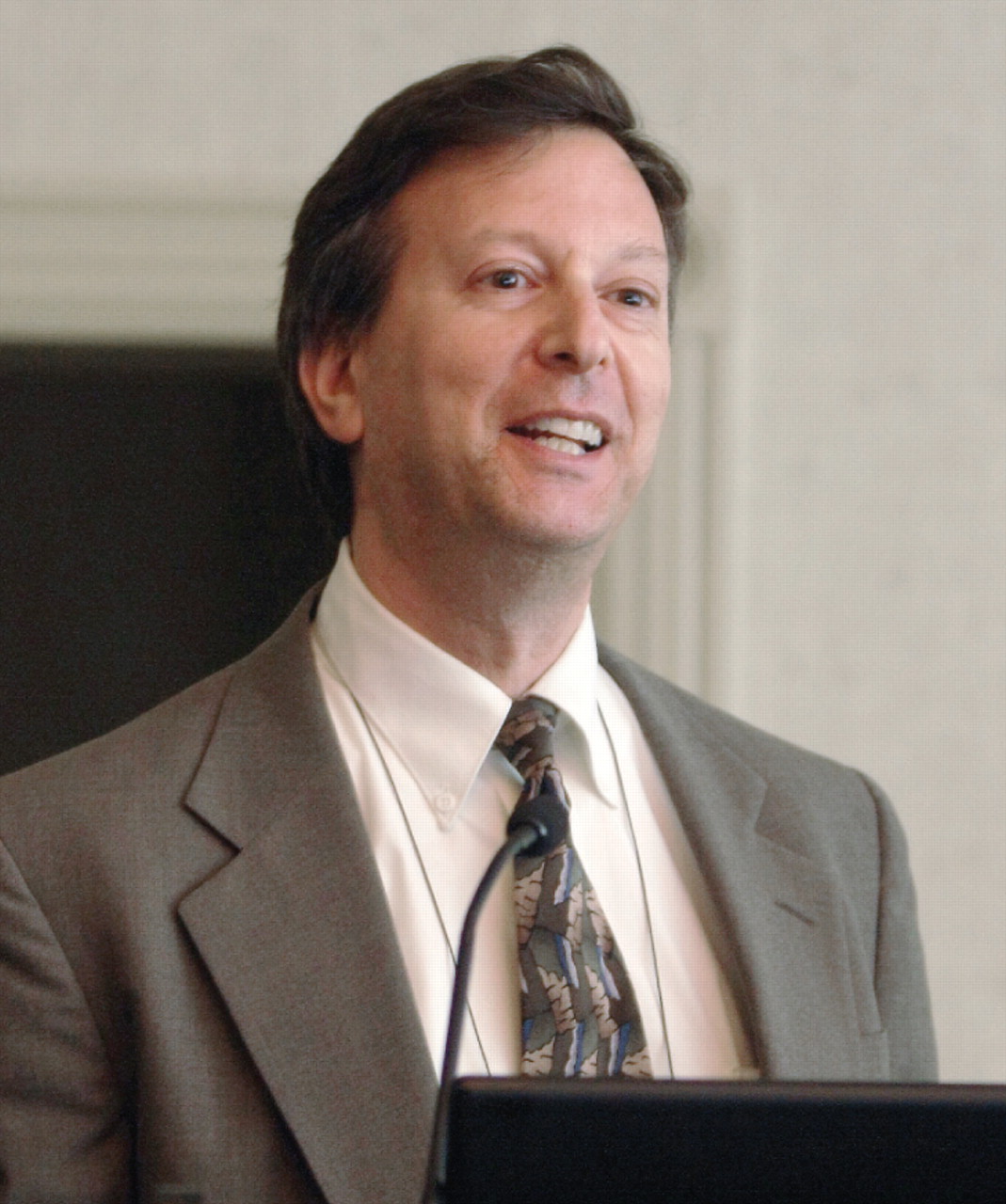Geriatric Psychiatry's Landscape About to Look Very Different
Abstract
Aging is not what it used to be, and psychiatrists and mental health professionals have to rethink their assumptions and approaches when they treat the new generation of older adults.

Jeffrey Lyness, M.D., president of the American Association for Geriatric Psychiatry, discusses the challenges and opportunities for geriatric mental health professionals as baby boomers enter their care.
At the annual meeting of the American Association for Geriatric Psychiatry (AAGP) in Savannah, Ga., in March, Jeffrey Lyness, M.D., the incoming president of AAGP, emphasized that baby boomers, a large number of whom are nearing retirement, will present different needs and challenges from previous generations.
Even the traditional retirement age of 65 no longer applies to the new generation of older adults. People are living and working longer than ever. To illustrate this point in his plenary speech, Lyness showed the audience a video clip of Paul McCartney's energetic concert performance in New York at the age of 67.
Lyness is the associate chair for education, a professor of psychiatry, and director of the geriatric psychiatry program at the University of Rochester Medical Center.
The baby-boom generation generally refers to people born after World War II, during a spike of birth rates in both the United States and Europe from 1946 to the early 1960s. In other words, the oldest members of this generation are now turning 64.
Baby boomers, on average, share some cultural and social characteristics that differ significantly from those of their parents and grandparents, Lyness noted. For example, they appear to be more “liberal” socially and culturally and less observant of religious and social traditions. “Although one must be careful about generalization,” he cautioned.
More importantly, they present a different landscape of needs and expectations for the field of geriatric mental health. For example, the enormous number of older adults with a high rate of lifetime or emerging mental illnesses will almost certainly overwhelm the geriatric care system. The already strained geriatric care workforce urgently needs many additional workers to meet the needs of both the old-old population, who are living longer, as well as the baby boomers.
Baby boomers are also more likely than previous generations to have a more lax attitude toward substance abuse and present with addiction problems in older age. “We are seeing more 60- and 70-year-olds with heroin addiction,” said Lyness. “Do we bring more geriatric expertise into addiction-treatment programs? Do we develop addiction expertise in geriatric programs? How do we collaborate to better serve these needs?”
Another cultural trait that differentiates baby boomers from previous generations is that they tend to be more receptive to mental health care and attach less stigma to mental illness and its treatment, according to Lyness. As a result, their expectation for effective geriatric services can potentially be harnessed to influence public policies.
Meanwhile, there is growing recognition within and outside of medicine “that growing old does not mean being demented, that growing old does not mean becoming depressed,” said Lyness. He pointed out that geriatric psychiatry is a leader in medicine in helping older adults live energetic, productive lives. Nevertheless, he feels that more emphasis must be given in research and clinical medicine to healthy, positive aging and to the prevention of age-related declines and mental disorders.
“We as psychiatrists can help people think about preserving mental health,” Lyness told Psychiatric News in a later interview. “For people who do suffer mental illnesses later in life, we are best able to evaluate and treat them.... Geriatric psychiatry has been among the leaders in thinking broadly about prevention of illnesses,” he stated.
“There is never going to be enough geriatric psychiatrists or other geriatrics-trained health professionals to do all of the work, given the enormous number of older people in our country and around the world. So we also have to think about how to best educate our colleagues in psychiatry, other mental health professionals, and other health professionals,” said Lyness. An urgent priority for geriatric health care is designing “the best models of care to make the best use of the resources we have.”
In his year as the AAGP president, Lyness plans to focus the association's efforts on workforce issues, education, multidisciplinary collaborations, and public-policy advocacy. 



